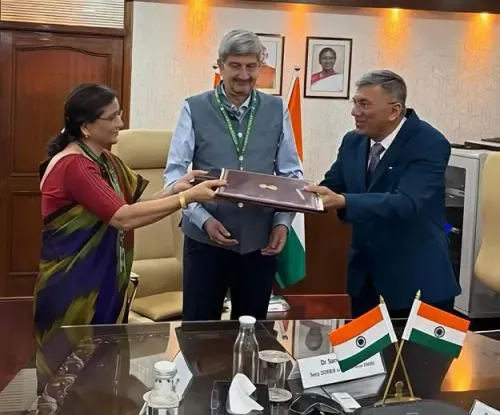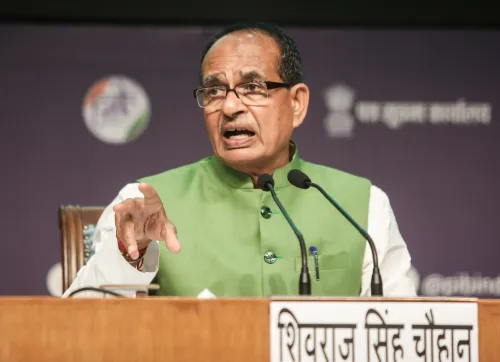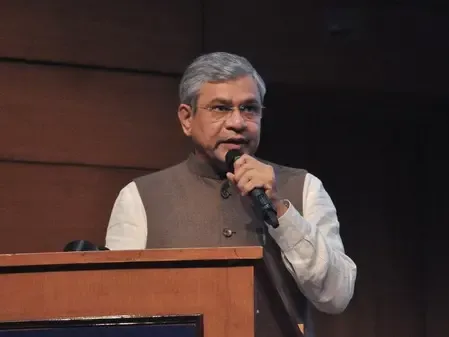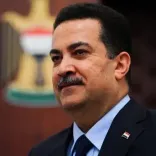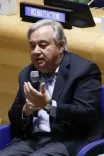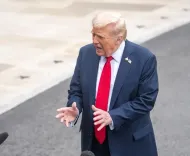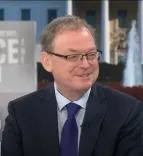Did the Centre Issue an Advisory on Cough Syrup Deaths in Children?
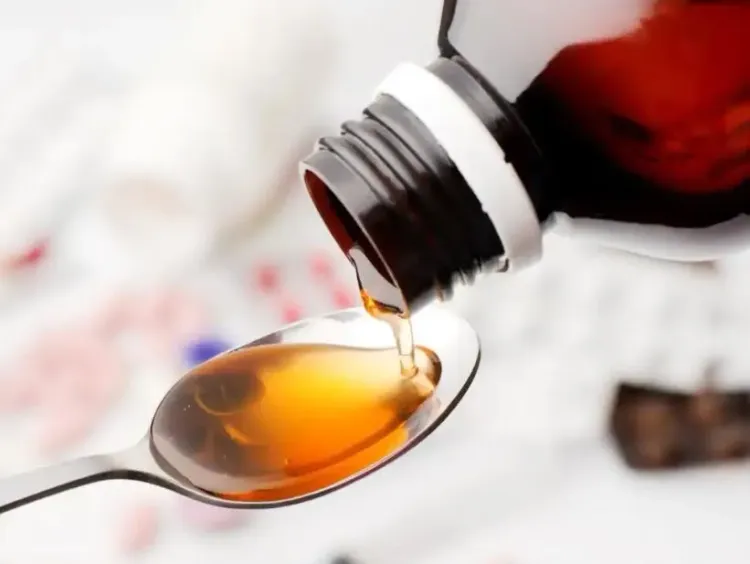
Synopsis
Key Takeaways
- The government denies contamination claims in cough syrups.
- Eleven child fatalities prompted a nationwide advisory.
- Children under 2 years should not receive cough medications.
- Non-pharmacological treatments are encouraged.
- Healthcare facilities must adhere to Good Manufacturing Practices.
New Delhi, Oct 3 (NationPress) The government has refuted claims of ‘contamination in cough syrups’ that allegedly led to the tragic deaths of 11 children in Madhya Pradesh and Rajasthan. On Friday, an advisory was disseminated to all states and union territories, advocating for the rational use of cough syrups in the pediatric demographic.
Reports indicate that nine children passed away in Chhindwara, Madhya Pradesh, and two in Rajasthan—one in Bharatpur and another in Sikar—after ingesting counterfeit cough syrup.
Despite allegations of the presence of Diethylene Glycol (DEG) and Ethylene Glycol (EG), both known to harm kidneys, the Ministry of Health and Family Welfare clarified through an official statement that these cough syrups were free from such toxic substances.
This statement follows an investigation conducted by a joint team comprising representatives from the National Centre for Disease Control (NCDC), National Institute of Virology (NIV), and Central Drugs Standard Control Organisation (CDSCO). The team gathered various samples in collaboration with state authorities, including different cough syrup samples.
According to the test outcomes, none of the samples contained Diethylene Glycol (DEG) or Ethylene Glycol (EG), which are associated with severe kidney damage. The Madhya Pradesh State Food and Drug Administration (SFDA) also examined three samples and confirmed the absence of DEG/EG,” stated the Ministry.
Additionally, blood and CSF samples were analyzed by NIV Pune for common pathogens. “One case tested positive for Leptospirosis. Investigations into water samples, entomological vectors, and respiratory specimens are ongoing with NEERI, NIV Pune, and other laboratories,” the Ministry added, indicating that “all potential causes behind the reported incidents” are under scrutiny.
In the advisory directed to all states and union territories, Dr. Sunita Sharma, the Director General of Health Services (DGHS), emphasized the cautious use of cough syrups in children.
“Cough and cold medications should not be prescribed to children under 2 years old,” she stated. “Most acute cough cases in children are self-limiting and often resolve without the need for medication,” Sharma noted, stressing that cough and cold treatments “are generally not advised for those under 5 years old.”
The use of cough syrups should be “based on careful clinical assessment with close supervision and strict adherence to appropriate dosing, the shortest effective duration, and avoiding multiple drug combinations.”
Moreover, the DGHS highlighted the importance of opting for non-pharmacological approaches, such as adequate hydration, rest, and supportive measures, as the primary treatment strategy.
Significantly, Sharma called on “all healthcare facilities and clinical establishments to ensure the procurement and dispensing of products manufactured under Good Manufacturing Practices and formulated with pharmaceutical-grade excipients.”

